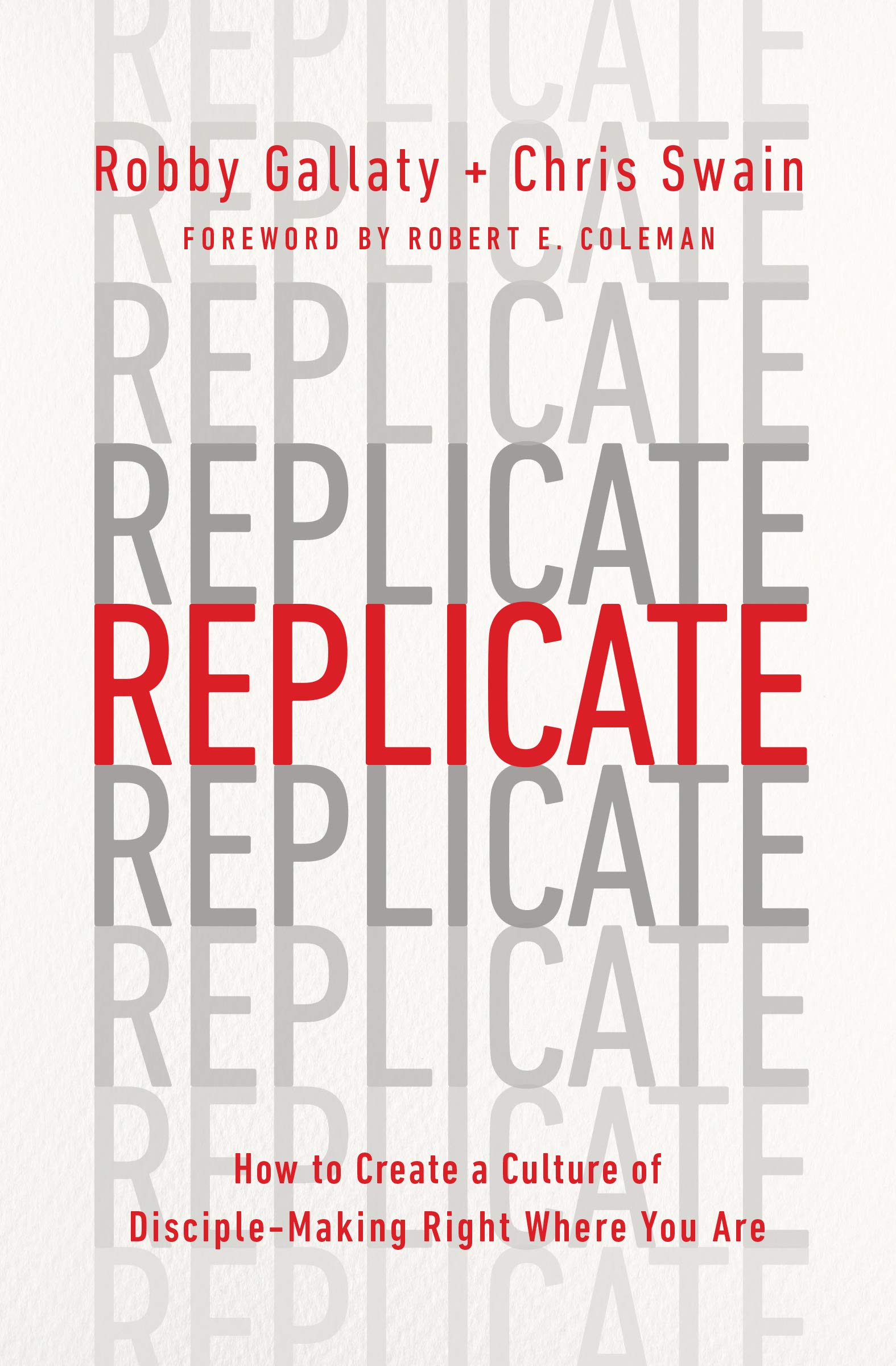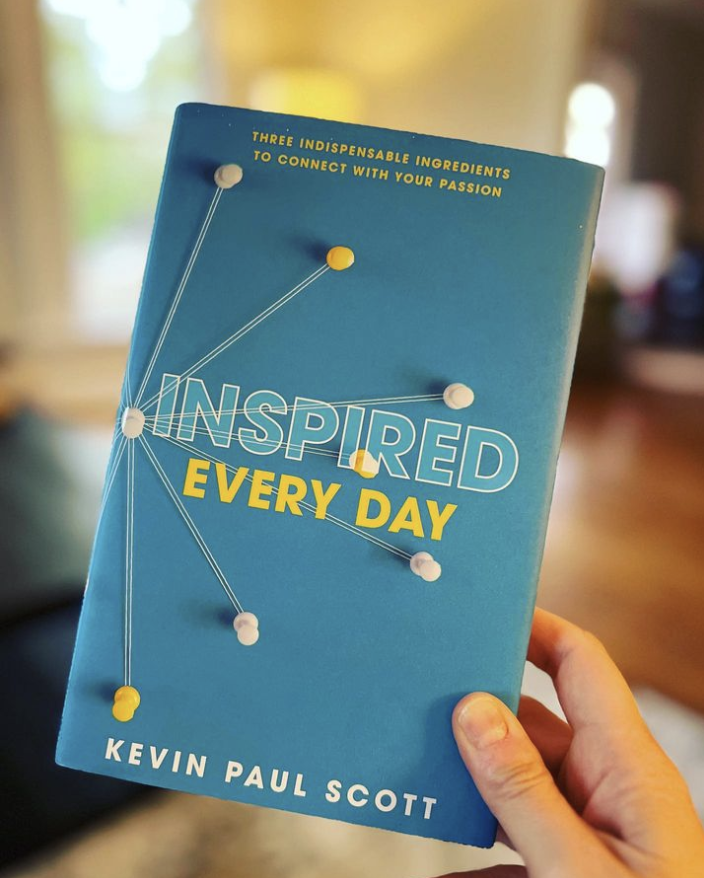Generation Z Goes to College by Corey Seemiller and Meghan Grace is a excellent glimpse into what matters first for the folks born roughly 1995-2010 (currently 7-22 years old). I’m particular interested in this information as I am more convinced than ever that God has called me to serve high school students and teachers and to equip them with the strategies to become all that God created them to be. The kids that we are currently serving in our high school were born in roughly 1999-2004. This book speaks to much of what we see on a daily basis. Generation Z wants to think about, problem solve, and do things that really matter.
I thoroughly enjoyed reading this book considering the conversations we are having with and about our students and what they really want out of their educational experience. I highlighted several things while reading and have posted those notes below…
- Generation Z refers to those born from 1995 through 2010. Having their world completely shaped by the internet, they are often aptly referred to as digital natives, the Net Generation, or iGeneration. p. 6
- Equipped with the power of knowledge, concern for the world around them, and technological resources unimaginable to previous generations, Generation Z is speculated to be ambitious and motivated. p. 15
- Generation Z sees the world through multiple screens, but as evidenced by their we-centric attitudes, they recognize that societal issues are much larger than just themselves. With their loyalty, determination, and responsibility as well as realistic outlook on life inherited from Generation X, this generation is committed to those around them and motivated by making a difference. Add to that their characteristics of care and compassion, and you can expect Generation Z to use both their heads and their hearts to solve the world’s problems. p. 17
- More than three quarters of the teachers surveyed believe that online search engines have led students to expect to find the information they need quickly and with little effort. This certainly creates a situation in which researching content at the last minute because of the assumption of its availability makes for more reasons to procrastinate, leaving less time to critically examine the information. p. 27
- This get-it-when-you-want-it mentality of instant gratification will likely continue to exist and perhaps even grow as technology makes access to information, entertainment, and services even easier. p. 28
- “Uber, the world’s largest taxi company, owns no vehicles. Facebook, the world’s most popular media owner, creates no content. Alibaba, the most valuable retailer, has no inventory. And Airbnb, the world’s largest accommodation provider, owns no real estate. Something interesting is happening.” Tom Goodwin, senior vice president of strategy and innovation, Havas Media p. 31
- Like many of the other technological and cultural advances of the era. Generation Z will likely never know a time in which the sharing economy did not exist. p. 32
- Although Generation Z students may crave face-to-face communication, consider that much of their communication is instead done through technology. This does not give them as much opportunity to hone their skill sets to communicate effectively in person; the result is that they lack strong interpersonal skills. p. 61
- “Facebook was not originally created to be a company. It was built to accomplish a social mission—to make the world more open and connected.” Mark Zuckerberg, CEO Facebook p. 66
- Generation Z believes technology is useful in developing existing relationships but not as a replacement to forging authentic relationships with friends, family, and romantic partners build on shared values and interests. p. 94
- Generation Z students have lived in an era of balancing personal freedom and government regulation. Our findings indicate that nearly three-quarters of them are very concerned about limitations on personal freedom and do not want the government to control gun ownership, access to abortion, euthanasia, and marriage, reflecting more of a libertarian viewpoint. p. 107
- “In previous generations, there was a feeling that when you were young, you were a passive bystander, an adult-in-waiting, but today because of technology, young people have this sense of self-confidence and a belief that they can change the world.” Craig Kielburger, cofounder of youth development charity, Free the Children p. 130
- Like the generations that came before them, community engagement is paramount to Generation Z. But what is different is the form that their community engagement will take. Helping Generation Z students engage civically in ways that fit their needs can be useful in capitalizing on their passions resulting in both learning and career preparation. p. 145
- Parental relationships in each generation have defining characteristics. For example, Generation X is often referred to as the latchkey generation due to the transition to a dual-income household, leaving many children to care for themselves until their parents came home from work. The Millenials, on the other hand, are associated with helicopter parents who flew so closely overhead that the decisions of the kids were shaped by their parents’ opinions. Generation Z, however, is marked by a different parental relationship, one of a trusted mentor. p. 157
- Many individuals can reflect back to their K-12 education experiences and recall a teacher who made a difference in their lives. Those memories do not typically involve a lesson plan or class assignment, but rather the guidance and mentorship from the teacher to achieve what might have felt like an unattainable goal. That is why it is no surprise that more than half of Generation Z students identify their teachers as role models. p. 158
- “It is a curious thing, Harry, but perhaps those who are best suited to power are those who have never sought it. Those who, like you, have leadership thrust upon them, and take up the mantle because they must, and find to their own surprise that they wear it well.” Albus Dumbledore, Harry Potter and the Deathly Hallows by J.K. Rowling p. 159
- Based on their experiences and perceptions, Generation Z will likely view effective leadership as…
Leveraging the capacities of others
Engaging in complex thinking and innovative problem solving
Utilizing a collaborative and interdependent approach
Communicating effectively
Being adaptable
Guiding others to greatness
Being optimistic
Persevering through adversity
Employing honesty and altruism p. 163
- Generation Z values honesty and wants leaders to be open with them rather than hide information just because of their age or title in the organization. This transparency and openness is also reflected in their desire for their leaders to have effective communication skills, especially face-to-face communication as that is their preferred method. p. 166
- Because they have grown up in a financial recession and have seen employment rates on a roller-coaster, Generation Z students demand an education that will be useful and relevant in getting a job after graduation. These students are drawn to learning that will help fill their toolbox with applicable knowledge and skills for the workforce. They view education as a utility toward their eventual career, which could blur the lines between the classroom and that post graduation place they keep hearing about called “the real world.” Their preference for experiential learning highlights their forward-looking nature to prepare for life beyond graduation. In addition to gaining real-world experience. Generation Z students may seek out courses that hone the critical skills employers want. Their desire for practical and useful learning does not stop at the lecture hall. Seventy-nine percent of those in Generation Z think it is important that educational programs integrate practice experiences such as internships. Concerned about their future, they look at experiences for their usefulness and the long-term benefit for getting a job after graduation. p. 176
- Educators play a large role in learning for Generation Z. They call for engaging and passionate instructors. It should not be surprising that this hands-on and participatory group of learners do not like to be lectured at. They view their instructors as facilitators of learning as opposed to talking heads. Instructors who solely lecture for the class period will likely become the dull and unintelligible teacher from Charles Schultz/s Peanuts cartoons. Generation Z wants to play an active role in creating their learning, not listen silently to their instructor’s pontification. p. 179
- Generation Z is in a culture of just-in-time learning, and although it is not a good idea to encourage last-minute inquiries, having more expanded hours might fit better with their work schedules and even how they learn. p. 200
- Although assignment procrastination well preceded Generation Z, the culture of binge-watching television may exacerbate this old college practice. If a student can stay up all night to watch a season of a television show, then staying up all night to wright a twenty-five page paper due to the next day seems possible. The potential overconfidence in being able to effectively complete an assignment in one sitting compounds the procrastination effort because that one sitting is usually just hours before it is due. This is certainly not what an instructor had in mind for intentional learning. Instead of having a paper due at the end of the semester, make a potion of the paper due each week, even if it is only one page, to serve as a milestone. This approach will allow Generation Z student to slow down the bingeing mentality. Maybe they will still wait until the night before to compete the last section, but one page versus twenty-five at the end likely will be more manageable and result in higher-quality work. p. 207
- Given Generation Z students’ lack of interest in volunteerism to begin with, these students will likely not take well to strict parameters that reflect being voluntold to serve the community in a particular way or for a particular cause. Opening up the definition of community service or volunteerism to include entrepreneurism, invention, and other engagement opportunities might overcome the reluctance of Generation Z’s participation. And since the overarching goal of having these requirements is to help students contribute to their communities, involving them in deciding how that might look could be an empowering and sustainable way for them to continue their engagement beyond the requirements. p. 214
- Make time for face time
- Be transparent
- Understanding family roles
- Enhance safety
- Ensure an inclusive and affirming environment
- Support mental health
- Help students access funding
- Reconsider housing requirements
- Make healthy food options the norm
- Offer expanded services
- Cultivate Generation Z donors
- Align learning outcomes with industry standards
- Integrate a socially conscious curriculum
- Help students effectively research
- Teach with, not at
- Flip your classroom
- Offer options for hybrid learning
- Curb assignment binging
- Reconsider group work expectations
- Integrate modern learning in the cocurriculum
- Expand the reach of leadership development
- Offer leadership experiences that reflect reality
- Shift service-learning to social change
- Offer student-selected community engagement experiences
- Rethink mandatory volunteer requirements
- Connect their passions to practices
- Guarantee internship opportunities early on
- Require experiential learning
- Increase accessibility for global experiences
- Offer social entrepreneurship courses for nonbusiness majors
- Create opportunities for real-life problem solving
- Help students engage in micro financing
- Help students create value-based goals
- Cultivate informed opinions and educated actions
- Provide education on financial literacy
- Focus on intentional leadership competency development
- Face it and embrace it
- Be wary of the “Do Not Enter” sign
- Do not be all platforms to all people



